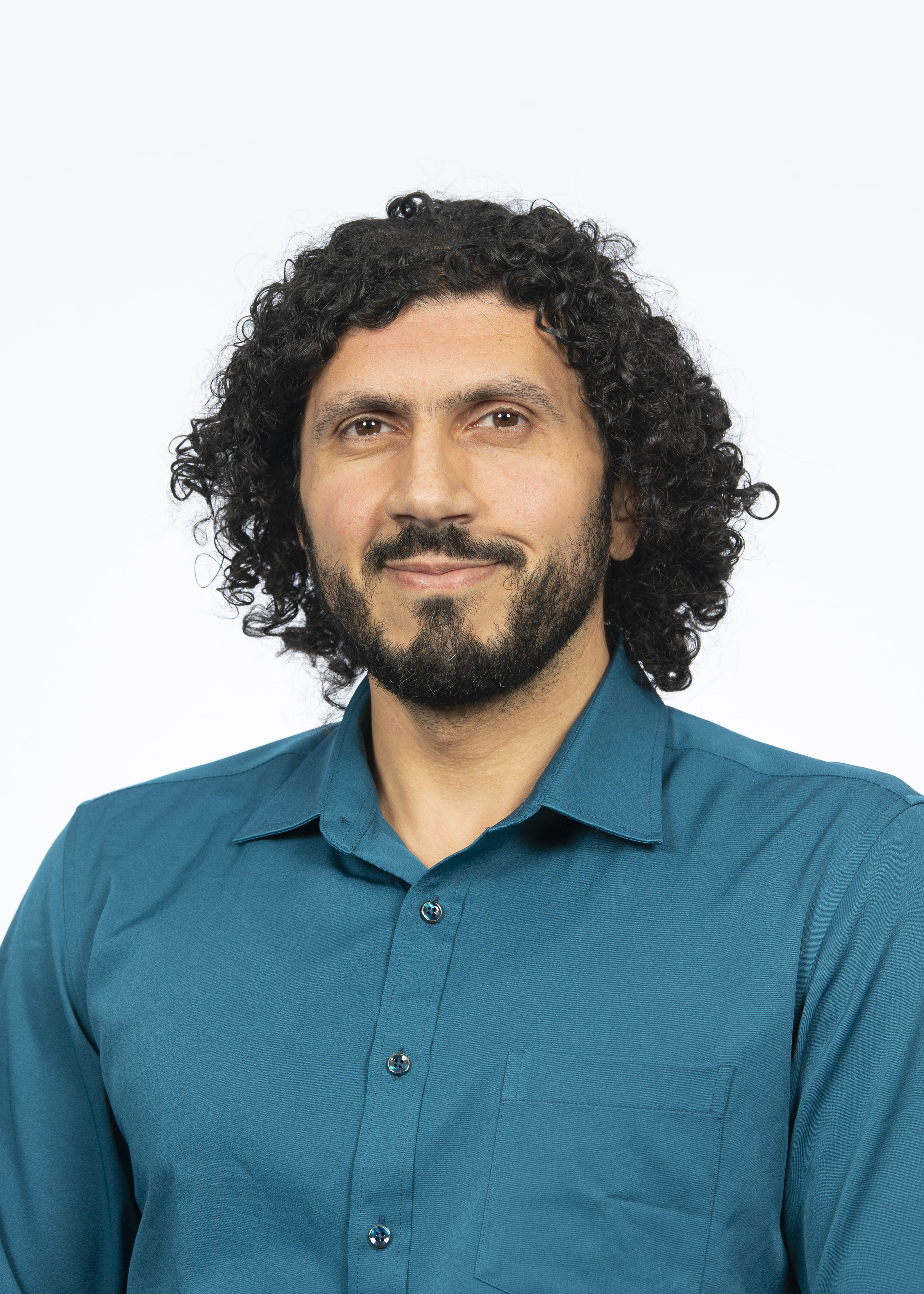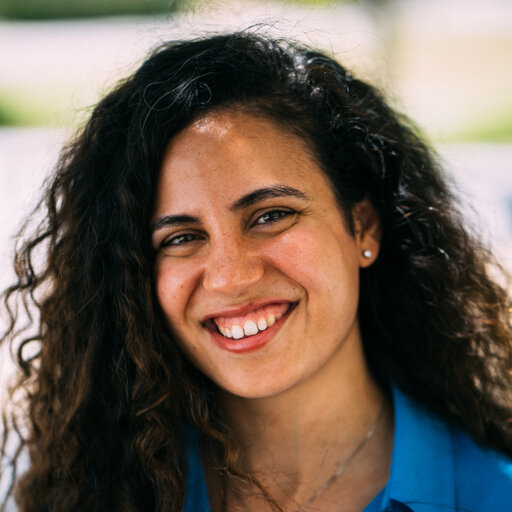MUM 2025, the 24th International Conference on Mobile and Ubiquitous Multimedia
Enna, Italy, December 1-4, 2025
MUM 2025, the 24th International Conference on Mobile and Ubiquitous Multimedia, will be held in Enna, Italy, December 1st – 4th. MUM is an interdisciplinary forum for advances in research of mobile and ubiquitous multimedia systems, applications, and services. At MUM, academics and practitioners discuss challenges and achievements in this field from diverse perspectives, such as interaction techniques, user research, system development, software solutions, and devices. This edition of MUM aims to continue the tradition of innovation and excellence in research established by previous MUM conferences. MUM 2025 is held in cooperation with ACM SIGCHI.
Summary
- Anonymous submissions (double-blind review)
- Length (using LaTeX template or Word template)
- Short papers: 7 pages maximum (excluding references)
- Long papers: 16 pages maximum (excluding references)
- Timeline (all deadlines are AoE) (All submissions through EasyChair)
- Paper Submission: August 21, 2025
- Decision Notification: October 6, 2025
- Camera-ready: October 20, 2025
- Upon acceptance: mandatory presentation at the conference
Topics of Interest
We welcome submissions of high-quality papers that offer original and unpublished contributions relevant to mobile and ubiquitous multimedia. Paper topics include, but are not limited to, the following:
- Prototypes and systems tackling relevant technical challenges
- Novel applications for mobile and ubiquitous gaming, learning, entertainment, social networking, and advertising
- Augmented, mixed, and virtual reality systems and applications
- Case studies, field trials, or user experience evaluations of new applications and services
- Context-aware and location-based mobile and ubiquitous services
- Metrics and measures for evaluating and testing mobile and ubiquitous systems
- Privacy and security-related challenges to multimedia systems
- Social implications of mobile and ubiquitous multimedia systems
- Interaction and collaboration with human-centered AI systems
- Tools and development environments for building mobile, wearable, and ubiquitous multimedia systems
- User interfaces, interaction design, and interaction techniques for mobile and ubiquitous systems
- Interaction design for automotive and other modes of transportation
- Fabrication and device prototyping
Preparing the submission
Novelty
The submission must be original work. It cannot have been published elsewhere nor be under concurrent review for publication by another conference or journal. Papers should be grounded in existing literature and knowledge and written for an interdisciplinary audience.
Length and contribution
Submissions can be of variable length. The paper length must match the contribution. Using the single-column format, the maximum length for a full paper is 16 pages (excluding references) and the maximum length for a short paper is 7 pages (excluding references).
Successful full-paper submissions typically represent significant empirical, theoretical, or methodological advances in the field. Successful short-paper submissions offer more focused contributions with a smaller scope; they are not intended to be work-in-progress reports. Instead, they should offer complete, rigorously developed work with a solid contribution to the field.
Formatting
- Templates: LaTeX template, Word template
Submissions must be in PDF format. Papers must be in English. All references must be complete, accurate, accessible, and conform to the ACM Publication Format. Authors are required to use the single-column ACM Manuscript template. Submission preparation is described on the ACM Primary Template website.
For LaTeX, the correct templates (Overleaf or LaTeX templates) can be found on ACM's "Preparing your article for LaTeX" page, using \documentclass[manuscript, screen, review, anonymous]{acmart} style for the document.
For Word, the correct submission template can be found on ACM's "Preparing your article for Word" page, i.e., "submission template".
The TAPS workflow we use is described on "ACM's TAPS workflow page".
Anonymity
All submissions need to be fully anonymised. This includes any appendices or supplemental material as well as a potential acknowledgements section. Citations to the authors’ own previous work are NOT allowed to be anonymised. This allows reviewers to ensure all previous research has been taken into account. However, authors should refer to their own prior work in the third person. For example, "Smith et al. [1] did ... " instead of "We did ... [1]". Papers that violate the anonymization policy, including within the supplemental materials or external links to datasets, code repositories, etc., will be desk rejected.
Supplementary Material
All videos and supplementary material must be anonymized. Other supplementary material may include, for example, survey text, experimental protocols, source code, and data, all of which can help others replicate the work. Authors should submit any non-video supplementary material as a single .zip file, including a README file with a description of the materials.
Authors are encouraged to submit an optional video of a maximum of 6 minutes to support their submission. Authors are encouraged to follow the Accessible Presentation Guide. To ensure reviewers can view the supplementary video, authors should use the H.264 encoding and the MP4 file format. The bit rate of videos can be lowered to accommodate the upload limits of EasyChair (max. 50 MB per file).
Reviewers should be able to access the contribution of the paper solely based on the main PDF submission. That is, the paper submission must stand independently without the supplementary material.
Accessibility
Authors are required to follow SIGCHI’s Guide to an Accessible Submission. If authors have questions or concerns about creating accessible submissions, please contact the Accessibility Chairs via accessibilitydiversity2025@mum-conf.org early in the writing process (the closer to the deadline, the less time the team will have to respond to individual requests). Papers flagged as inaccessible by a reviewer will be reassigned. Note that while we strive to match the best reviewer to each paper – the best reviewers for the work may not be able to review an inaccessible submission.
- Guide to an Accessible Submission
- Accessible PDF Author Guide
- Accessible Presentation Guide
- Adding Document Tags
- PDF Accessibility Checker
Use of Generative AI
Authors must adhere to the ACM Policy on Authorship regarding the use of generative AI in submissions. Authors are responsible for all content produced (including plagiarism, misrepresentation, or fabrication) by these tools and must disclose their use.
Submitting
Submission Platform
Submissions are facilitated via the Easychair platform. Authors may submit and edit their materials until the submission deadline. Should authors encounter any difficulties, technical problems, or questions about this process, please contact the Paper chairs via papers2025@mum-conf.org
Metadata Integrity
Changes in author names are not allowed after the submission deadline; there are no exceptions. Changes to the order of authors are allowed only before the camera-ready deadline. The metadata is crucial to the integrity of the review process and author representation. If any of the authors need to be added or removed after the submission deadline, authors would need to withdraw their submissions/papers. Minor changes to the title and abstract are permitted during the revision period.
Selection Process
Submitted papers will undergo a rigorous double-blind review process managed by the Program Chairs. Each submitted paper will be reviewed by at least three reviewers, chosen from the pool of members of the Program Committee listed below. This pool of reviewers features experts from the previous edition and new researchers to address new emerging research areas and underrepresented communities. Papers will be assigned through a bidding process.
There will be a single round of reviews with three potential outcomes: desk rejects (papers that are significantly out of scope, not written in English, etc.), rejection, and conditional acceptance. No rebuttal phase is planned. Authors of conditionally accepted papers will find in the reviews a list of revisions and requested changes they need to satisfy to have their paper officially accepted into the program.
Timeline
| Submission deadline | August 21th, 2025 (AoE) |
| Decision Notification | October 6th, 2025 (AoE) |
| Camera-ready deadline | October 20th, 2025 (AoE) |
| Conference dates | December 1st - December 4th, 2025 |



